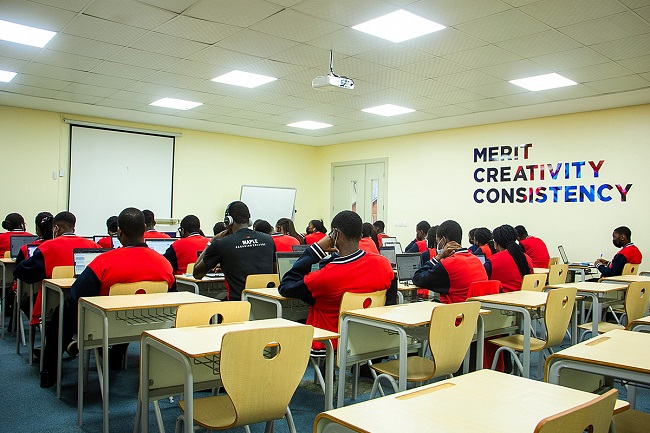Japa: 10 Tips On How To Secure Jobs In Australia As An International Student
Whether you’re currently studying in Australia or planning to do so, enhancing your employability is crucial for future career success. Early preparation is key in the competitive Australian job market, requiring a proactive approach to navigate the recruitment process.
Regardless of your field, be it technology, business analytics, or any other, focusing on effective networking and skill showcasing is essential. Starting early ensures a smoother transition from student life to securing a job post-graduation.
For international graduates, the process begins with obtaining the necessary work permissions in the host country or exploring opportunities in a new destination. Once legalities are in order, the job hunt begins. Given the competitive nature of certain career fields.
These are ten practical tips that can significantly enhance your chances of landing a job offer in Australia
Early application
Start preparing for job applications early to align with the two main waves of recruitment in Australia, January to March and June to September.
Create a well-organized CV within one page, using active verbs and showcasing leadership skills.
Pay attention to the presentation of data to highlight the scale of your work and productivity.
Utilize job-seeking platforms and networking
Explore platforms like LinkedIn, Seek, GradConnection, and Glassdoor for job opportunities.
Attend job fairs to learn more about the application process and make valuable connections.
Keep track of application deadlines and regularly monitor updates to avoid missing out on potential positions.
Optimize your CV and portfolio
Use CV templates provided by your school and tailor them to the specific job you’re applying for.
Highlight tangible achievements and results using numbers and specific details.
Develop a professional portfolio using tools like Tableau, Github, Behance, or LinkedIn to showcase projects and experiences.
Craft engaging personal profiles
Maintain an active and professional presence on LinkedIn, sharing achievements, certificates, and relevant experiences.
Food security: The Bago Challenge
Consumer behaviour with rising inflation and economic pressures: Can businesses still be super profitable?
For the technology or design sector, leverage platforms like Github and Behance to display your work and projects.
Prepare thoroughly for online tests
Research frequently asked questions for personality assessments and conflict resolution scenarios.
Be aware of specialized tests used by certain companies, such as the Revelian test for major tech firms.
Demonstrate relevant knowledge and skills required for specific roles.
Excel in video interviews
Practice answering questions using the STAR method (Situation, Task, Action, Result). Research details about the company, including its mission, vision, and culture.
Modify answers to frequently asked questions by incorporating personal academic and job experiences.
Navigate final interviews effectively
Be prepared for both individual and group interviews or a combination of both. In group scenarios, showcase teamwork and problem-solving skills.
For case study resolutions, efficiently solve the given problem and present the solution clearly.
Highlight communication skills
Improve communication skills to effectively convey your thoughts during interviews. Engage actively in group discussions, expressing opinions, and asking relevant questions.
Build a strong profile while in school
Focus on academic achievements and project work to build a solid profile. Establish connections, both within the academic community and in the industry.
Use your scores and projects as key elements in showcasing your capabilities.
Stay patient and persistent
Understand that the application process may take time, with responses from businesses taking up to a month. Stay calm and keep your phone accessible for potential interview calls.
Be persistent in refining your approach based on feedback and continuously improving your application strategy.















Post Comment